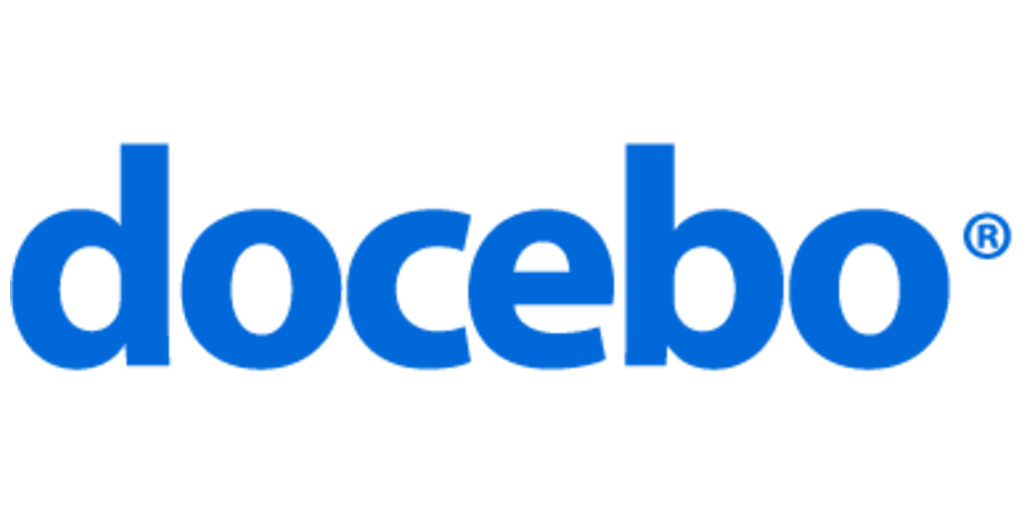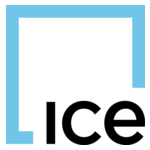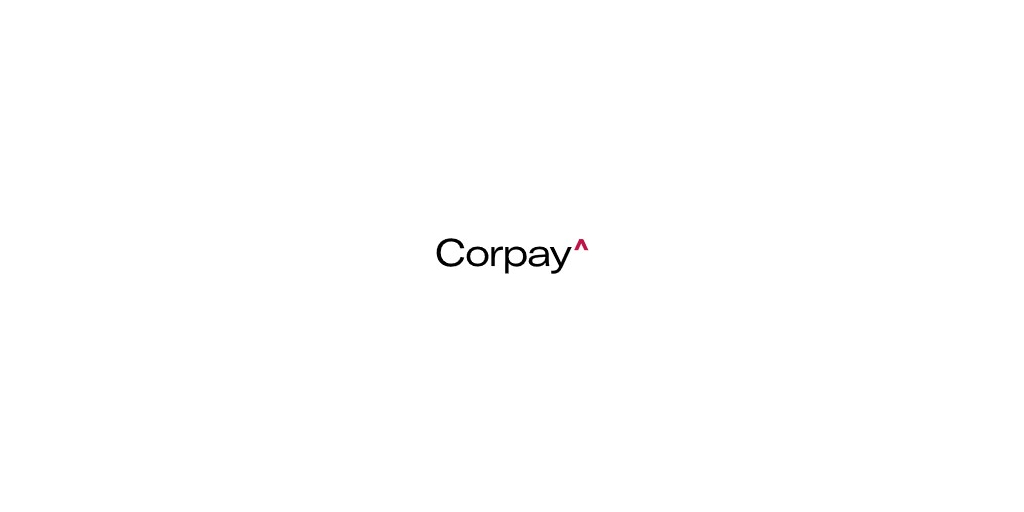
LVK CEO Maggie Barnett Offers Expert Insight on How Tariff Changes Will Disrupt E-Commerce Brands and Consumers
Optionality Over Optimization: What Trump's Latest Tariffs Mean for E-Commerce Supply Chains
Media Contact:
Carly Bourne
LVK@bulleitgroup.com
On February 1, President Trump announced the implementation of a 25% tariff on imports from Canada and Mexico and a 10% tariff on imports from China, effective February 4. In response, LVK, a leading U.S.- and Canada-based third-party logistics (3PL) provider, is breaking down the immediate implications for e-commerce brands and how businesses can adapt to the elimination of de minimis and the new tariffs.
"The administration's intent is clear," says Maggie Barnett, CEO of LVK. "They want to boost American jobs and curb fentanyl imports via small parcels. This means the de minimis loophole—widely used by e-commerce businesses—has been broadly closed for imports from Canada, Mexico, and China."
Key Insights for E-Commerce Brands:
- Over 25% of Shopify Plus stores rely on de minimis. The policy shift will trigger higher costs and cash flow constraints, putting pressure on small businesses and fast-fashion brands.
- Brands reliant on low or no tariff margins face existential threats, especially those unable to cover upfront tariff costs.
-
The end of supply chain "optimization."
"Optionality is the new optimization," says Barnett. "The days of hyper-optimized, cost-minimized supply chains are over. Brands now need optionality to survive."
What Brands Should Do Now:
- Diversify supply chains immediately. Import directly into the U.S. and partner with U.S.-based 3PLs to minimize tariff exposure.
- Diversify sourcing strategies. Shippers relying on de minimis must relocate inventory from affected countries to mitigate risks.
Broader Economic Impact:
- Canada and Mexico have announced retaliatory tariffs, potentially impacting the oil, auto, food, and energy sectors and raising costs for American consumers.
- The ripple effects could reshape USMCA negotiations and decelerate the growth of Canadian and Mexican e-commerce economies.
- "This isn't just an e-commerce issue," adds Barnett. "It's about the future of cross-border trade in North America."
Maggie Barnett Available for Interviews
Maggie Barnett, CEO of LVK, is available to discuss:
- How U.S. tariffs will reshape global e-commerce supply chains
- What businesses can do to maintain operational resilience
- Broader implications for U.S. consumers and the economy
About LVK:
LVK is a female-led, full-service third-party logistics partner specializing in solving complex fulfillment challenges for omnichannel brands. With a 51% female workforce and a management team of 41% female, LVK operates seven warehouses across the U.S. and Canada. Services include DTC pick-and-pack fulfillment, FBM, B2B fulfillment, and special projects like kitting and returns management. LVK is a ShipHero subsidiary, a leading Warehouse Management System (WMS) software provider for e-commerce brands and 3PLs.
Learn more at LVK.com
View source version on businesswire.com: https://www.businesswire.com/news/home/20250203933749/en/




















